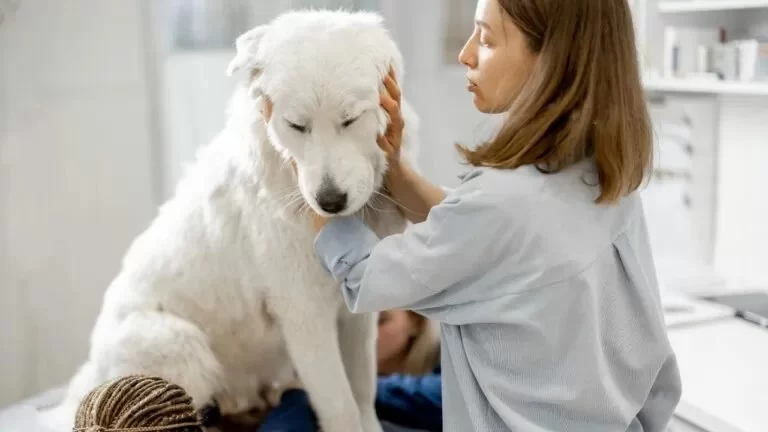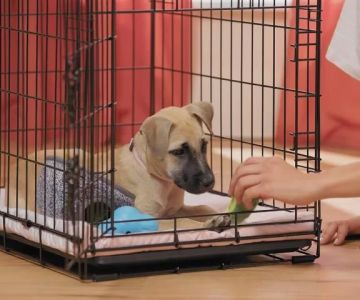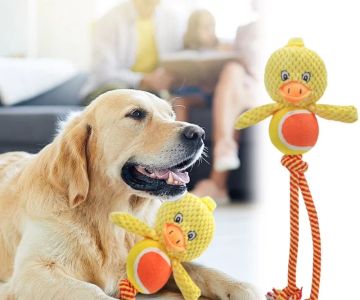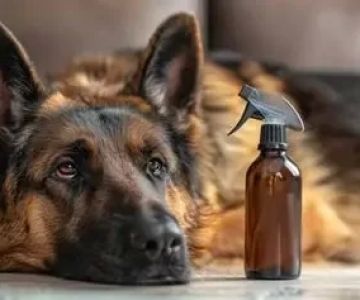1. Understanding Anxiety in Pets
Just like humans, pets can experience anxiety. Whether it’s a fear of loud noises, separation anxiety, or stress caused by a new environment or routine, anxiety in pets can be distressing for both the animals and their owners. Pet anxiety is more common than many people realize, affecting cats, dogs, and other animals in various ways. Understanding what causes anxiety in pets is the first step in providing them with relief.
Anxiety in pets can manifest through various behaviors, such as excessive barking, hiding, destructive chewing, urinating or defecating indoors, and even aggression. These behaviors are often a pet’s way of expressing their discomfort and need for help. While traditional treatments like medication are available, many pet owners prefer natural remedies to avoid the side effects that can come with pharmaceuticals.
2. Natural Remedies for Treating Pet Anxiety
If your pet is dealing with anxiety, there are many natural remedies available to help ease their stress and bring them back to a calm, comfortable state. Below are some of the most effective natural treatments for anxiety in pets:
2.1. Herbal Supplements
Herbal supplements are one of the most common natural remedies for pet anxiety. Certain herbs have calming properties that can help soothe an anxious pet. Some of the most popular herbs for this purpose include:
- Valerian Root: Known for its sedative effects, valerian root can help reduce anxiety and stress in pets. It’s often used to calm nervous behavior in dogs and cats.
- Chamomile: Chamomile has natural soothing properties and is commonly used to treat stress, anxiety, and insomnia in pets.
- Lavender: Lavender has been proven to reduce anxiety and promote relaxation in both humans and pets. It can be diffused or applied topically in diluted form.
When using herbal supplements, it’s essential to consult with your veterinarian to ensure that the specific herb is safe for your pet and that it won’t interact with any other medications your pet might be taking.
2.2. CBD Oil for Pets
CBD oil has gained popularity as a natural remedy for a wide range of conditions, including anxiety. Cannabidiol (CBD) is a non-psychoactive compound derived from hemp, and studies have shown it can help reduce anxiety and promote relaxation in pets. It’s especially beneficial for pets with separation anxiety or those who experience stress from environmental changes.
CBD oil for pets is available in various forms, including treats, tinctures, and capsules. It’s important to use a CBD product specifically designed for pets, as the dosage and ingredients will be appropriate for their size and needs. As with any supplement, consult with your vet before introducing CBD oil into your pet’s routine.
2.3. Aromatherapy
Aromatherapy can be a highly effective natural treatment for pet anxiety. Certain essential oils, such as lavender, chamomile, and valerian, have calming effects that can help reduce stress and promote relaxation. However, not all essential oils are safe for pets, so it’s essential to use them cautiously.
You can use an essential oil diffuser in your home to gently disperse calming scents, or apply diluted essential oils to your pet’s bedding or collar. Always ensure that any essential oils used are pet-safe, and never apply them directly to your pet’s skin without proper dilution. If you’re unsure about which oils are safe, it’s best to consult with your veterinarian.
3. Creating a Calm Environment for Your Pet
In addition to natural remedies, creating a calm and stress-free environment is crucial in helping your pet manage anxiety. Environmental changes can trigger anxiety, so minimizing stressors can have a significant impact on your pet’s emotional well-being.
3.1. Provide a Safe Space
Pets, especially those with anxiety, need a place where they feel secure. Designate a quiet area in your home where your pet can retreat when they’re feeling stressed. This space should be away from loud noises or high-traffic areas. You can add their favorite blanket, toys, or even a piece of your clothing to help them feel more comfortable.
3.2. Regular Exercise and Playtime
Exercise is one of the best ways to alleviate anxiety in pets. Regular physical activity helps burn off excess energy and promotes the release of endorphins, which naturally reduce stress. For dogs, daily walks and playtime can do wonders for their mental health. For cats, interactive toys and climbing structures can keep them engaged and calm.
3.3. Music and Calming Sounds
Just like humans, pets can be affected by sound. Playing soft, calming music or white noise can help drown out stress-inducing noises, such as thunderstorms or fireworks. There are even specially designed soundtracks available that are intended to soothe anxious pets. You can experiment with different sounds to see what helps your pet relax.
4. Behavioral Training and Anxiety Management
Behavioral training can also be a powerful tool in managing anxiety in pets. Training your pet to associate certain triggers with positive experiences can help them overcome their fears and anxieties. Here are some strategies to consider:
4.1. Positive Reinforcement
Using positive reinforcement can help your pet learn to cope with anxiety-triggering situations. For example, if your pet gets anxious when left alone, you can reward them with treats and praise when they stay calm during brief separations. Gradually increasing the duration of separations can help your pet adjust to being alone without becoming overly anxious.
4.2. Desensitization
Desensitization involves exposing your pet to the source of their anxiety in a controlled and gradual manner. For instance, if your dog is scared of loud noises, such as fireworks or thunder, you can start by playing recordings of these sounds at a low volume and gradually increasing the volume over time, pairing the sounds with positive experiences like treats or play. This method can help your pet become less sensitive to the trigger.
5. When to Seek Professional Help
While natural remedies and lifestyle changes can be very effective for managing mild to moderate anxiety in pets, some cases may require professional intervention. If your pet’s anxiety is severe or persistent, it’s essential to consult with a veterinarian or a professional animal behaviorist. A professional can help assess the situation and provide guidance on the best course of action, which may include a combination of natural remedies, training, and, in some cases, medication.
6. Why Hidden Brook Veterinary Is Your Go-To Resource
At Hidden Brook Veterinary, we understand the importance of your pet’s emotional well-being and offer a range of services designed to help manage anxiety and other behavioral concerns. Our team of experienced veterinarians and behavior specialists can work with you to develop a comprehensive treatment plan tailored to your pet’s unique needs. Whether you’re looking for natural remedies, behavioral training, or medical advice, Hidden Brook Veterinary is here to help.
Visit us today to learn more about how we can assist you in managing your pet’s anxiety and ensuring they live a happy, healthy life.












